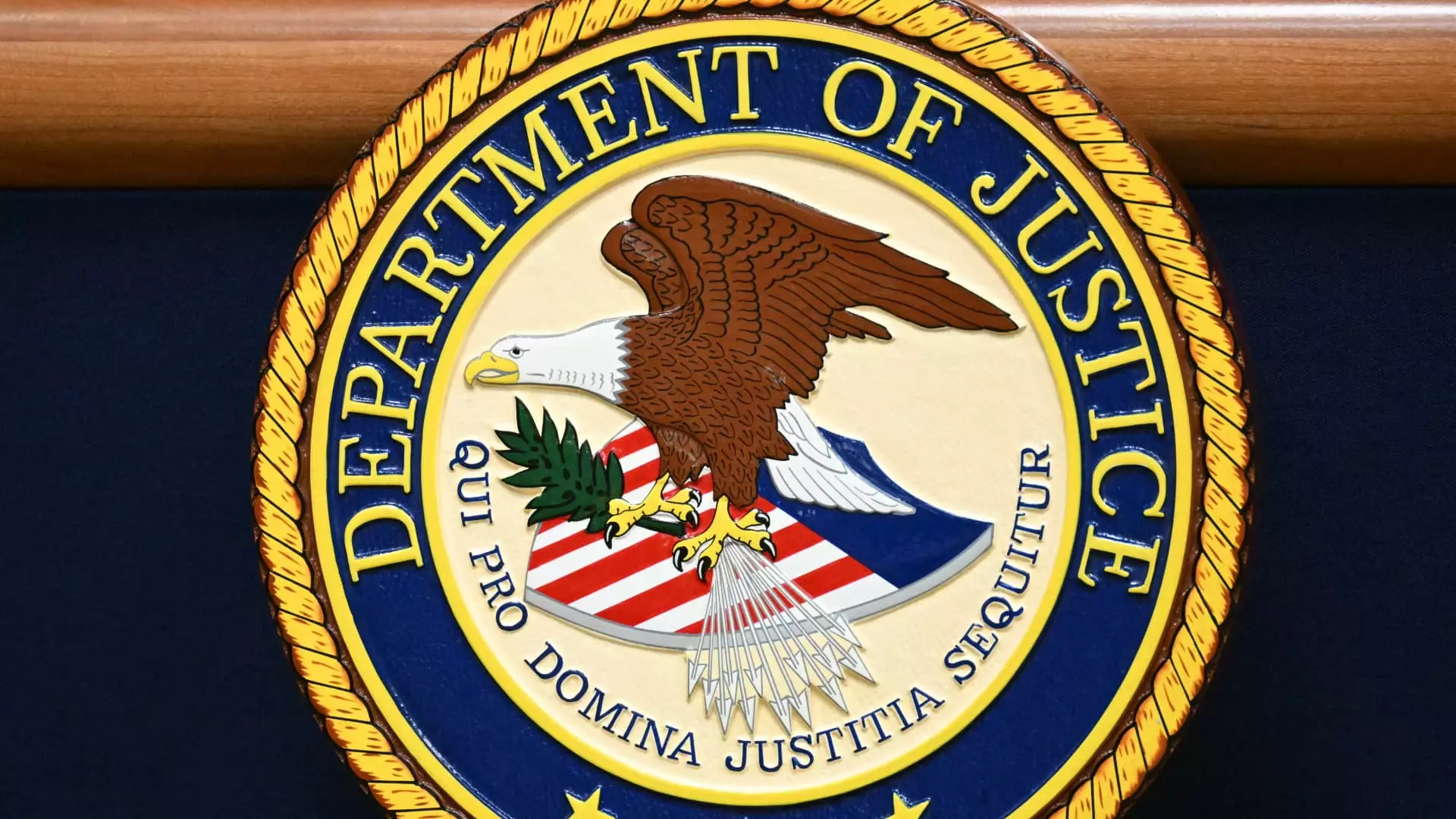The Department of Justice recently announced the arrest of 35-year-old YunHe Wang, a Chinese national responsible for creating a sophisticated “botnet” that facilitated the theft of $5.9 billion in Covid relief funds. This malware network operated under the name “911 S5” and connected over 19 million IP addresses across nearly 200 countries. Wang reportedly managed the botnet from around 150 servers worldwide, including some located in the United States, making it a complex and far-reaching criminal operation.
The indictment against Wang details a range of illegal activities carried out through the botnet, including child exploitation, bomb threats, fraud, stalking, harassment, and illegal exportation of goods. One of the most significant impacts of the 911 S5 network was its involvement in filing approximately 560,000 false unemployment insurance claims, resulting in the staggering theft of $5.9 billion. Additionally, Wang allegedly sold access to compromised IP addresses to other cybercriminals, amassing a personal fortune of at least $99 million, which he used to fund a lavish lifestyle of luxury cars, watches, and properties worldwide.
Law enforcement agencies, including the FBI and international partners, worked together to dismantle the 911 S5 botnet and apprehend Wang. The painstaking efforts required to bring down such a sophisticated criminal scheme were highlighted by Assistant Secretary for Export Enforcement Matthew S. Axelrod. This collaboration between domestic and international law enforcement, as well as industry partners, was crucial in ensuring the success of the operation. The arrest of Wang came on the heels of the Treasury Department’s sanctions against him and two others allegedly involved with the botnet, as well as three companies linked to Wang’s criminal activities.
Wang is now facing a maximum sentence of 65 years in prison on four criminal counts related to computer fraud, wire fraud, and money laundering. His arrest underscores the ongoing efforts by law enforcement agencies to update protocols and strategies in response to increasingly sophisticated cybersecurity threats. The United States has expressed particular concerns about China-backed hackers targeting critical American infrastructure, with recent actions taken against groups like the “Volt Typhoon” hacking group. FBI Director Christopher Wray emphasized the importance of countering cyber threats that pose a risk to both economic security and personal data.
The dismantling of the 911 S5 botnet and the arrest of YunHe Wang serve as a significant victory in the fight against global cybercrime. The elaborate nature of this malware network, its extensive reach, and the substantial financial losses incurred highlight the ongoing challenges faced by law enforcement in combating such threats. The collaborative efforts of international agencies, along with the dedication of industry partners, demonstrate the importance of cooperation in addressing sophisticated cybercriminal activities. As technology continues to evolve, the need for updated protocols and strategic responses to cybersecurity threats remains paramount in safeguarding against future criminal exploits.



Leave a Reply